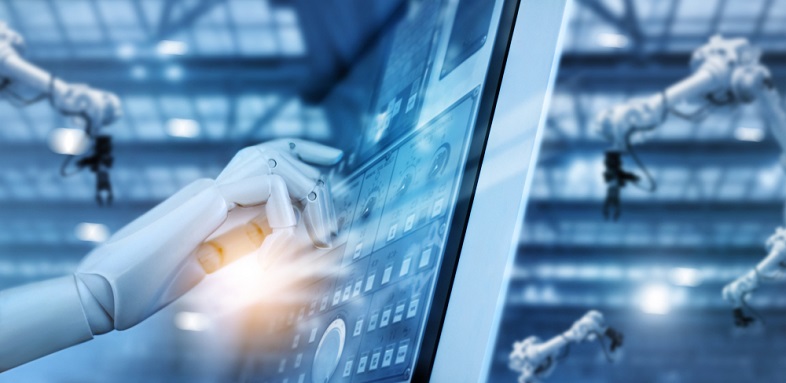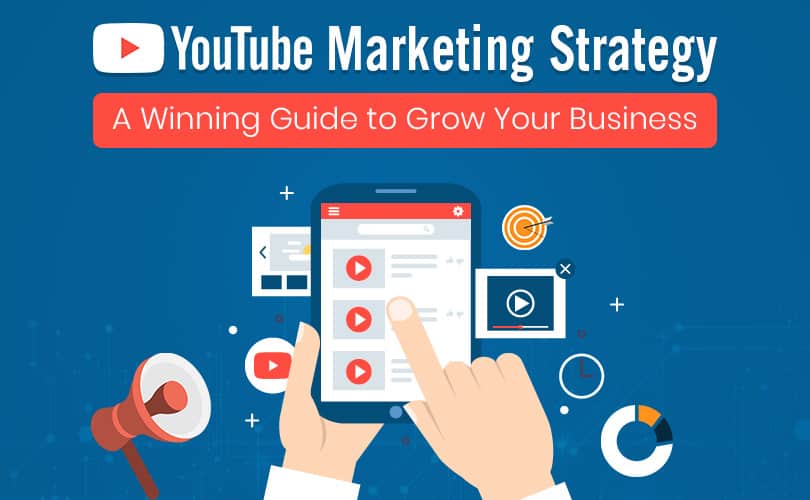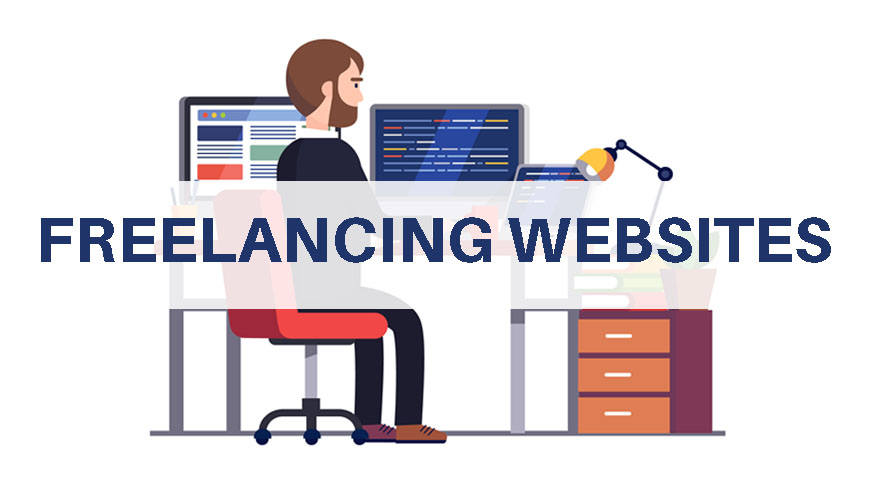Will AI Benefit HR in the Future?

In case you didn’t already know, the answer to the question is Artificial Intelligence going to benefit HR in the future lies in one very important area; namely Machine Learning. In case you are not aware, the future of HR lies in the area of Artificial Intelligence. This area is where machines will be able to process large amounts of data, both structured and unstructured, and then make decisions on which patterns to apply, what to look for, and how to react to various situations that come their way. As a result, humans in HR will be able to do more than simply file payroll for hours past, but also schedule appointments, send out requests for potential candidates, and even pick people up from the airport.
If you think about it, this makes a lot of sense. After all, most jobs involve decision-making as well. For example, most jobs involve purchasing decisions, which involves having to crunch numbers to decide how much to spend on something, what kind of car to get, or whether or not to rent a place to live. The decision-making process can be an extremely complex one, especially when it comes to business. This is why many companies, including Google, Amazon, Walmart, and Disney, are using Artificial Intelligence platforms to run most if not all of their business processes.
How does all of this work? In the past, HR managers would have to manually collect all of the data that was pertinent to a particular job. They would need to sift through piles of paperwork, pulling out every document that might have anything remotely relevant to a job. Human decision-makers don’t exactly relish this idea, as it takes them away from doing the job that they are hired for, which is managing the company. Instead, they sit down each day and go over the job duties and statistics, making decisions based on cold hard facts. AI is different in that it allows the decision-maker to “play” the data around with the program to find relevant data and then make decisions.
AI doesn’t make decisions for you, it allows you to make decisions for it. As human managers, we often make poor decisions that cost us dearly. We make decisions based on what we want, not based on what we need. AI, by nature, will seek to provide businesses with what they need. In doing so, it greatly improves the bottom line.
What types of business processes does AI work towards improving? Retail and food services are two industries that have seen massive changes thanks to AI. The success of businesses such as Whole Foods, Coffee Bean & Tea Leaf, and eBay makes it clear that there is indeed a real demand for such services. However, these types of businesses have different types of operations, which make up their business processes. If an organization can fully integrate these types of business processes with artificial intelligence, they stand a far greater chance at being able to improve their efficiency.
AI is now capable of learning from its mistakes. If one is made aware of a mistake during a process, it can make a different, more efficient decision. Human decision-makers are often too emotionally attached to their decisions and too comfortable with statistical data to be able to understand what a computer can see and how it can make a decision for you.
Organizations that are successfully run a tight ship. The CEO and the CFO sit at the same table and make major decisions. HR is relegated to answering emails and phone calls regarding the company and making sure allay conflict between the different departments. AI can make decisions independently and better than any human could.
Today’s systems are better than ever before. They can handle hundreds of calls an hour, analyze massive amounts of data and make intelligent and strategic decisions on the fly. Human decision-making simply isn’t good enough anymore. This is why HR needs an upgrade too!



